|
Any peacekeeping operation needs to secure strategically important institutions. When these are located in densely populated cities, there are grave risks for troops on patrol. Emma Elfversson, Paul D. Williams and Sara Lindberg Bromley unpack the lessons learnt from the African Union mission in Somalia, centred on the capital Mogadishu.
This weekend will mark 30 years since the Berlin Wall was opened amid joyous celebrations from East and West Germans alike. It was never going to be easy to reunite the two parts of the country that had been separated since 1961, and people who had lived under such different regimes. But as Matt Fitzpatrick writes, Berlin has knitted itself together well, once again becoming not only the German capital but the political and cultural centre of Europe.
|
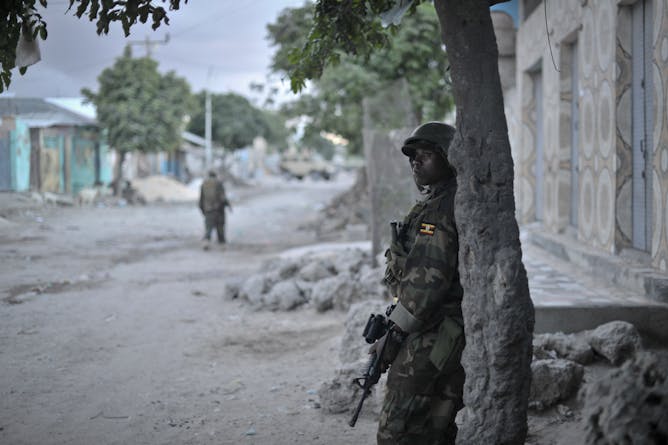
A soldier on the African Union Mission in Somalia standing guard on a street during a security operation in Mogadishu, Somalia.
EPA/Tobin Jones
Emma Elfversson, Uppsala University; Paul D. Williams, George Washington University; Sara Lindberg Bromley, Uppsala University
AMISOM's experiences suggest that urban peace operations must be given sufficient resources from the outset
|
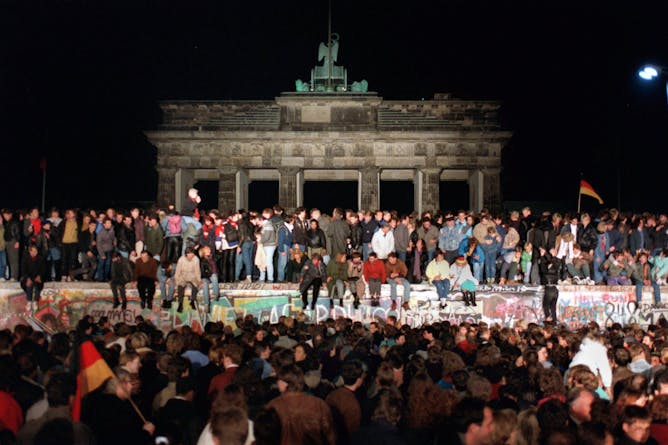
Germans celebrate the opening of the Berlin Wall in November 1989.
AAP/EPA/STR
Matt Fitzpatrick, Flinders University
It would be easy to assume that outbreaks of extreme-right groups in the former east are a legacy of its communist past, but the idea does not bear scrutiny.
|
Environment + Energy
|
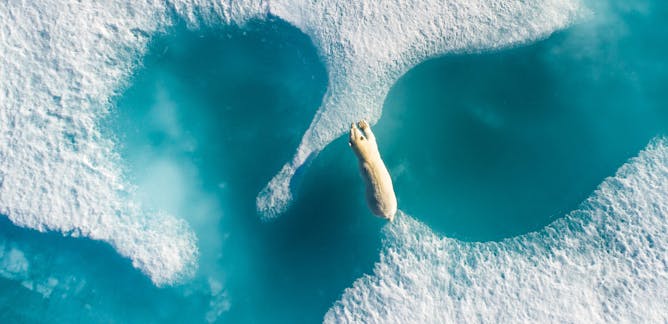
Fiona Hibbert, Australian National University; Eelco Rohling, Australian National University; Katharine Grant, Australian National University
Antarctica is no longer the sleeping giant of sea level rise. New research delved into the past and found when the Earth warms, its ice sheets can melt extremely quickly.
| |
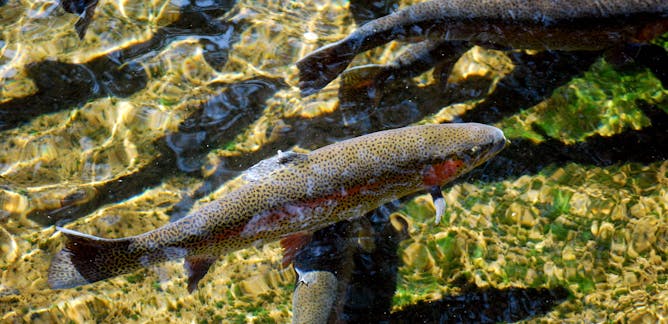
John Measey, Stellenbosch University
BRICS member countries can help global efforts to manage invasive species.
|
|
|
Science + Technology
|
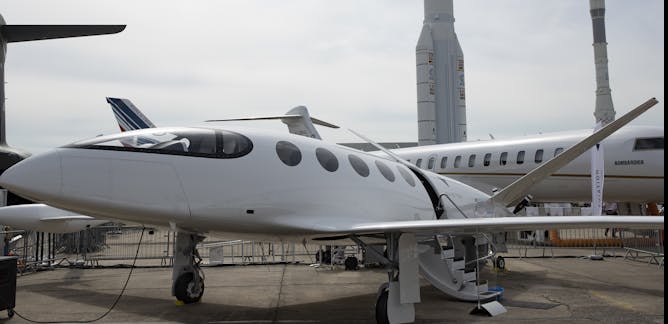
Duncan Walker, Loughborough University
Small regional flights will soon start going electric but batteries are unlikely to ever fully power large airliners.
| |

Paulo de Souza, Griffith University
The atmosphere of Mars is more than 96% carbon dioxide, but the planet is cold because its atmosphere is extremely thin, very dry and further away from the Sun.
|
|
|
Health + Medicine
|

Željko Pedišić, Victoria University
Running once a week, or for 50 minutes a week, significantly improves your health and reduces your risk of dying at a single point in time.
| |
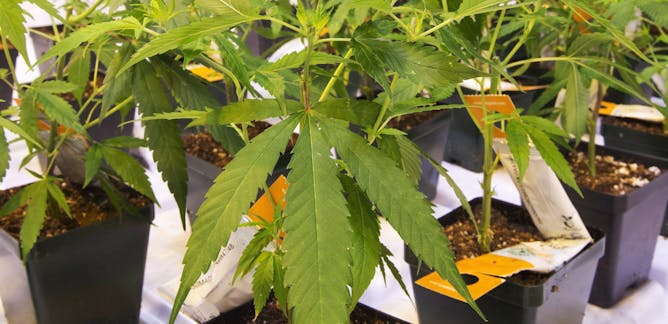
Stephanie Lake, University of British Columbia; M-J Milloy, University of British Columbia
Cannabis use is common among trauma survivors, and may improve some of the symptoms of those with PTSD.
|
|
|
En français
|
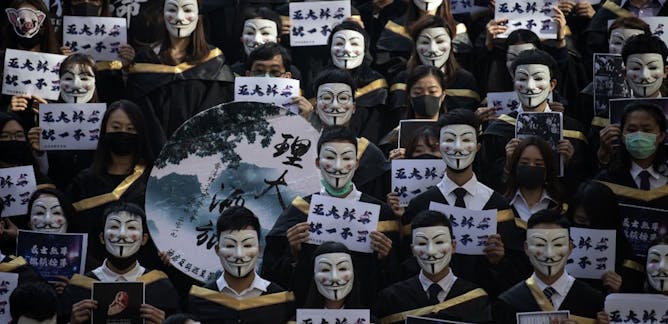
Lun Zhang, Fondation Maison des Sciences de l'Homme (FMSH) – USPC
La situation reste extrêmement tendue à Hong Kong. Le mouvement de contestation, qui dure depuis plusieurs mois, est confronté à l’intransigeance du pouvoir de Pékin. La crise est appelée à durer.
| |
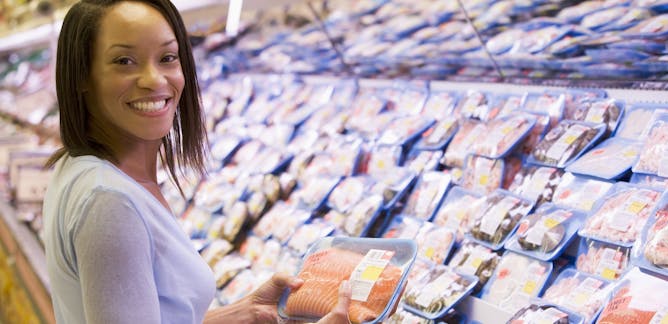
Jenny Weitzman, Dalhousie University
Les consommateurs sont de plus en plus préoccupés par la provenance de leur poisson. Mais faire un choix éclairé n'est pas chose facile.
|
|
|